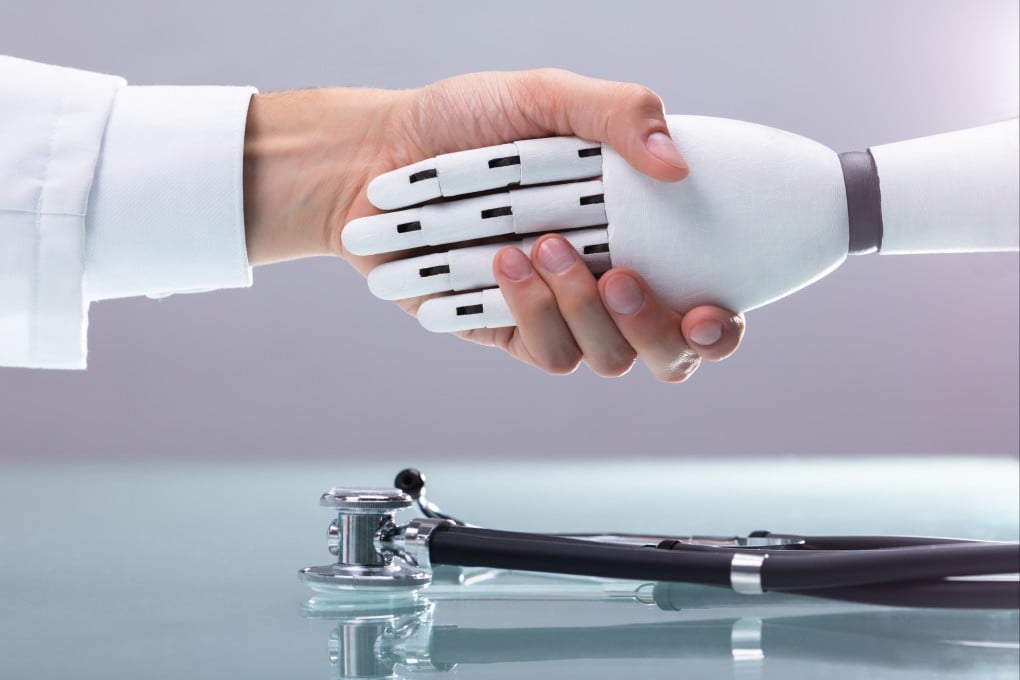Opinion | Our AI-driven healthcare future needs one vital ingredient – the human touch
- The challenges of AI do not negate its potential; instead, they underscore the necessity of a synergistic approach
- Combining AI with human skills is vital, not only for accuracy but to maintain the essence of personal care in healthcare

Artificial intelligence in healthcare is increasingly an important topic, and one that will be discussed at the World Health Summit next week in Berlin. AI has the potential to improve patient outcomes but it also poses risks – from data collection and use to biases that can skew patient outcomes.
By 2025, more than US$30 billion is expected to be invested into AI for healthcare, a reflection of the growing trust in AI-driven healthcare solutions.
A major driver of this investment is the imperative to make better use of the vast amount of healthcare data available. Through data analysis and tools such as virtual health assistants, AI can help to significantly cut healthcare costs.
And it’s not just China. The integration of AI into healthcare has also seen significant advances in Europe and the United States. Countries including Britain, France and Germany are spearheading public-private initiatives, such as digital innovation hubs in healthcare.

